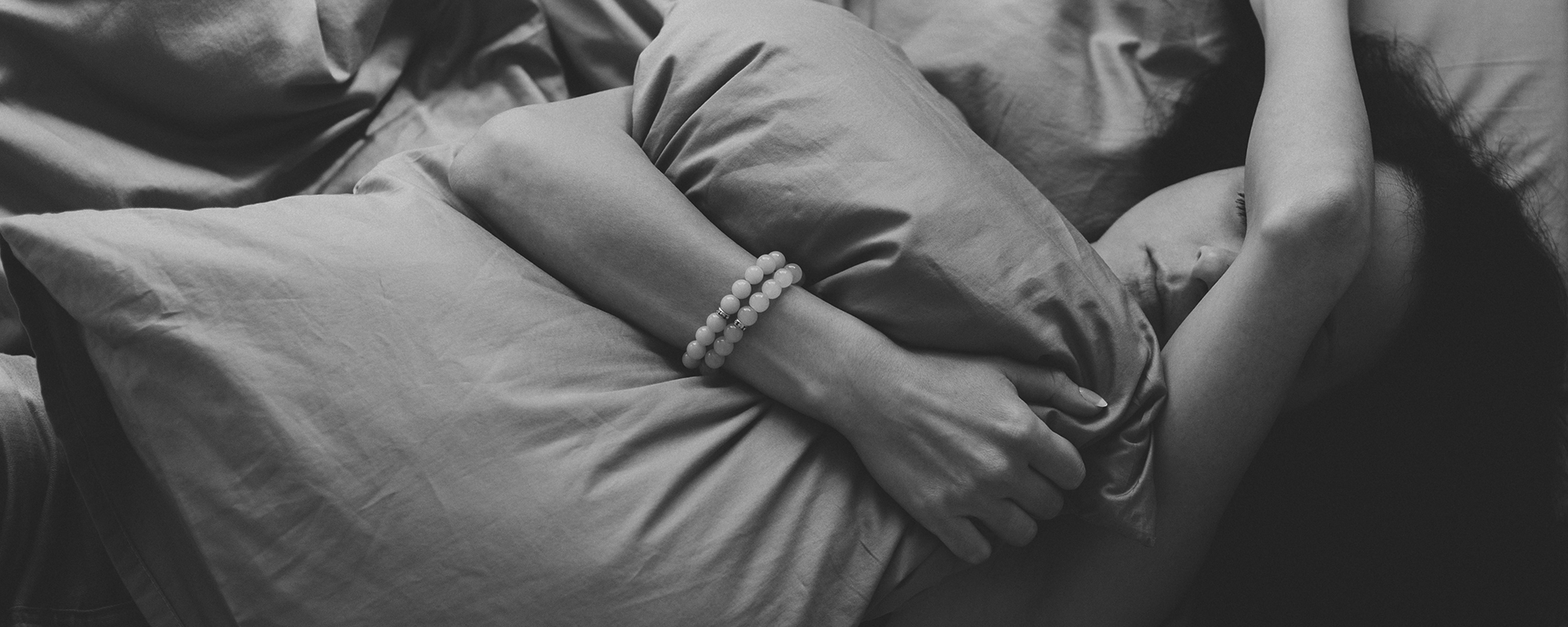Get updates from The Developer straight to your inbox Yes, please!
Can't sleep? Why insomnia strikes alongside Covid-19
Neuroscientist Danny Michael Ball highlights one of the most unexpected side effects of the new normal and its implications for long-term health and urban planning policy

The COVID-19 lockdowns can be extremely frustrating. Being stuck indoors for long periods of time has disrupted normal schedules, including work, exercise and possibly more importantly our sleep.
We sleep for more than a third of our lives, yet even those who go to the gym or eat the right foods to stay healthy rarely give their sleep the same consideration. Yet managing sleep during the lockdown will have as far-reaching benefits to our health as diet and exercise, especially since sleep affects one’s ability to control these behaviours.
Disrupted sleep is being widely reported, and this may be partly because our exposure to natural light has been reduced because of the long periods of time we are staying inside. Light is important for sleep because it is light that sets the timing of the master clock in our brains. Specifically, the intensity of the ambient blue found in natural light is captured by a special class of cells in the eye that directly relay information about light and darkness to the brain, so its master clock can keep accurate time. This enables the clock to follow a 24-hour cycle – or circadian rhythm – tied to day and night. When working properly, it gives us a robust sleep-wake cycle and results in our being able to reap the associated health benefits of sufficient sleep – we are alert and prepared for active challenges during the day.
Disrupted sleep is being widely reported, and this may be partly because our exposure to natural light has been reduced because of the long periods of time we are staying inside
Humans are particularly sensitive to small changes in circadian rhythms and it is clear the cost to our health of disruptions is extremely high. The short-term effects of disrupted sleep can be seen when we put the clocks forward by an hour in March, with people commonly losing the same amount of sleep. The following day, we experience a significant increase in blood pressure, which causes heart attacks, and there is also an increase in the number of fatal road accidents because of drowsiness.
The long-term health problems caused by disruption to our circadian rhythms may be more severe, with irregular sleep linked to diabetes, obesity, cancer, high blood pressure and cardiovascular disease, as well as poor mental health, cognitive decline, depression and anxiety.
The remarkable circumstances caused by COVID-19 have resulted in many losing their jobs or working from home for the first time, disrupting their schedules and sleep patterns. One of the most effective ways to regulate sleep is exposure to natural light at specific times of the day. Exposure to daylight early in the morning, soon after waking, has a strong effect in setting the master clock – spending 30 minutes outside at the same time each morning without sunglasses will help to regulate the time that you sleep.
Irregular sleep linked to diabetes, obesity, cancer, high blood pressure and cardiovascular disease, as well as poor mental health, cognitive decline, depression and anxiety.
This raises an obvious issue faced by much of the country while social distancing – many of us do not have personal outdoor space and rely on public areas such as parks for exercise and time outside in natural light. This is most typical in the densely populated inner cities, where people are tightly packed into housing and may not have gardens.
Indeed, the government has long acknowledged in guidelines for planning residential dwellings the impact of access to adequate natural light on well-being. This ‘right to light’ is most important in intensely urbanised areas, especially those that have a high proportion of social housing with many living in poverty. Being forced to stay at home without access to outdoor space, particularly in the inner cities, could be one of the ways that COVID-19 is disproportionately affecting the poorest in society.
Health issues stemming from sleep disturbance caused by restricted access to natural light are likely to be most prevalent in those already facing the negative factors associated with navigating COVID-19 in poverty. This is why keeping parks and similar outdoor spaces open is so important during the lockdown.
If forced lockdowns are likely to be a regular part of our lives because of uncertain exit strategies and possible multiple waves of coronavirus, paying attention to the regulation of sleep could mitigate the potentially far-reaching costs to long-term public health that will result.
Danny Michael Ball is a blind neuroscientist working at University College London to investigate how the brain changes after sight loss, including its effects on sleep, space, time, plasticity and learning
Support The Developer on Patreon
Our journalism has always been free-to-air.
If you value what we publish, be our patron from £3 per month
Sign up to our newsletter
Get updates from The Developer straight to your inbox
Thanks to our organisation members
Become a member
© Festival of Place - Tweak Ltd., 124 City Road, London, EC1V 2NX. Tel: 020 3326 7238
